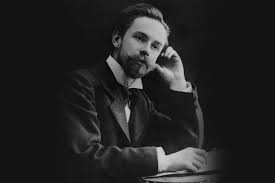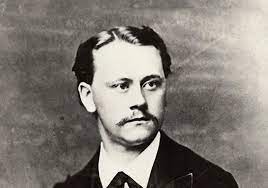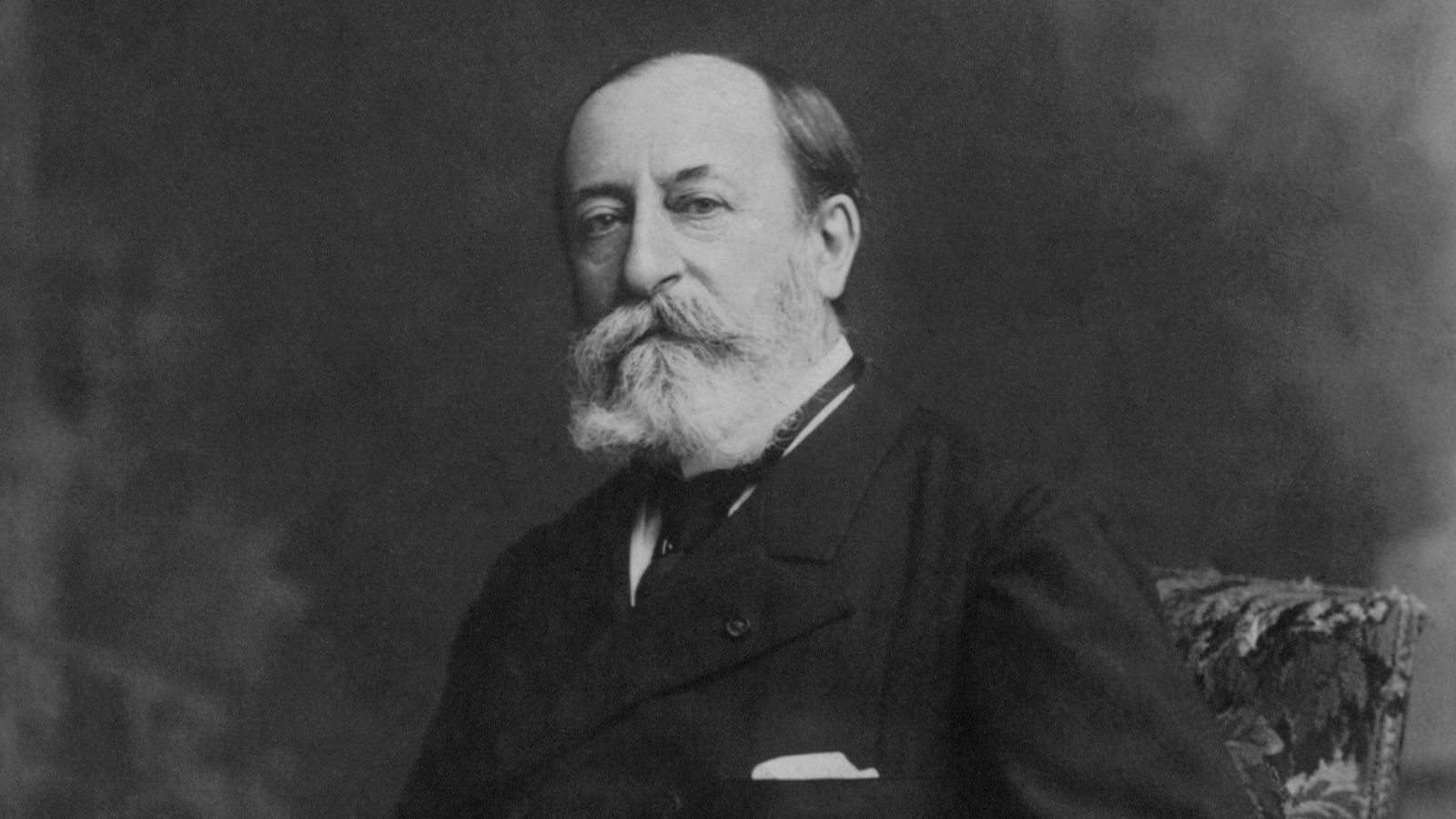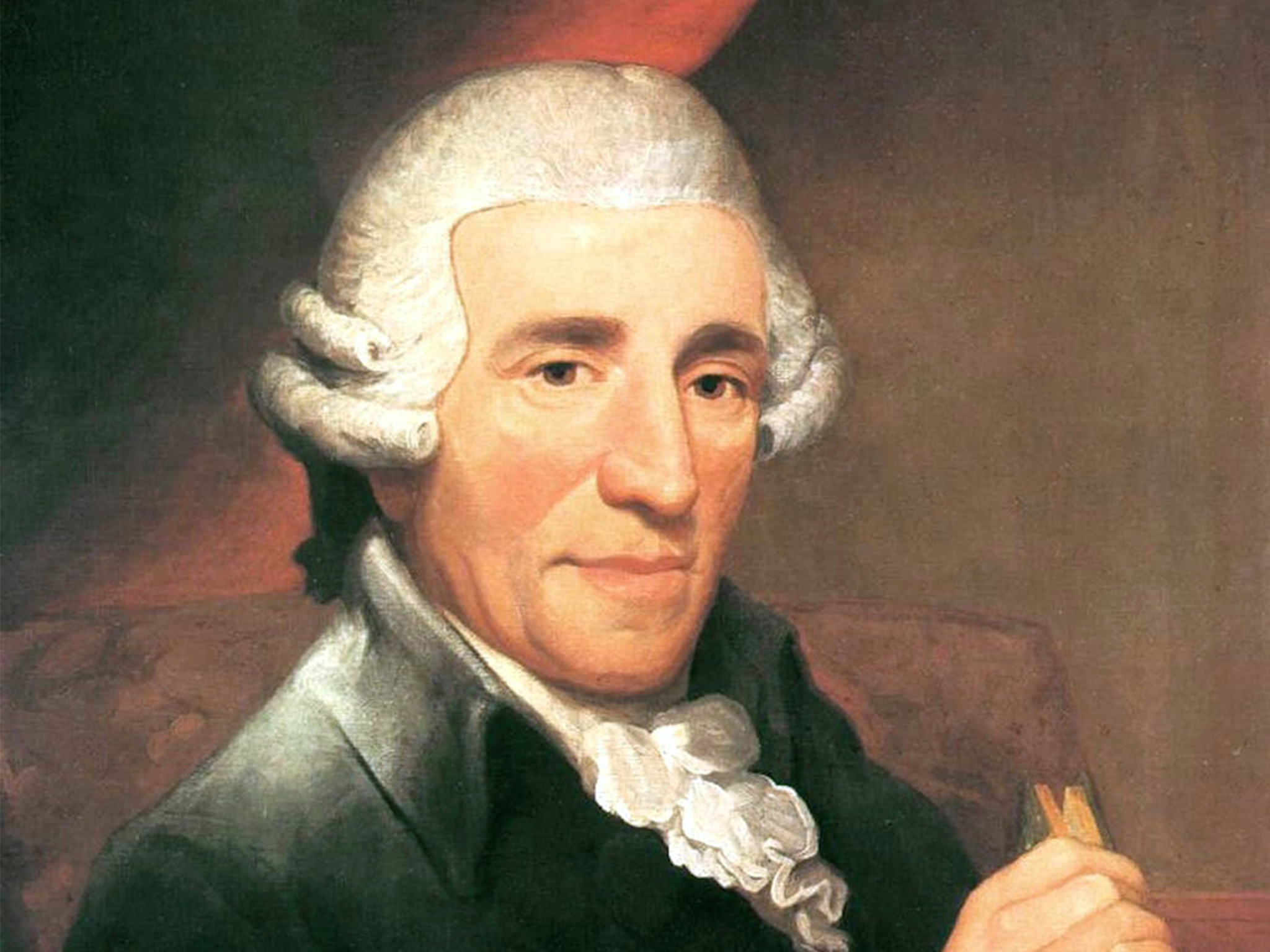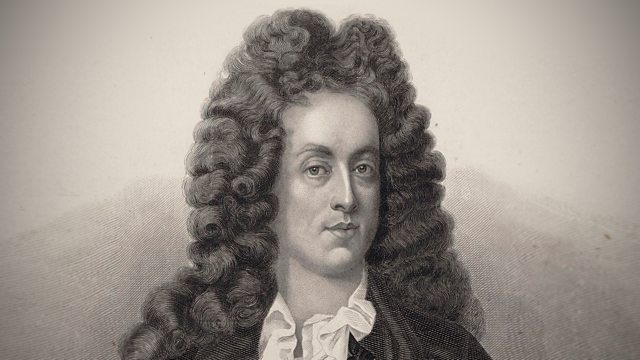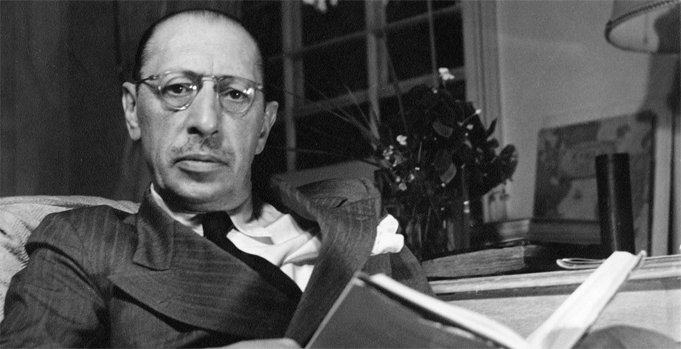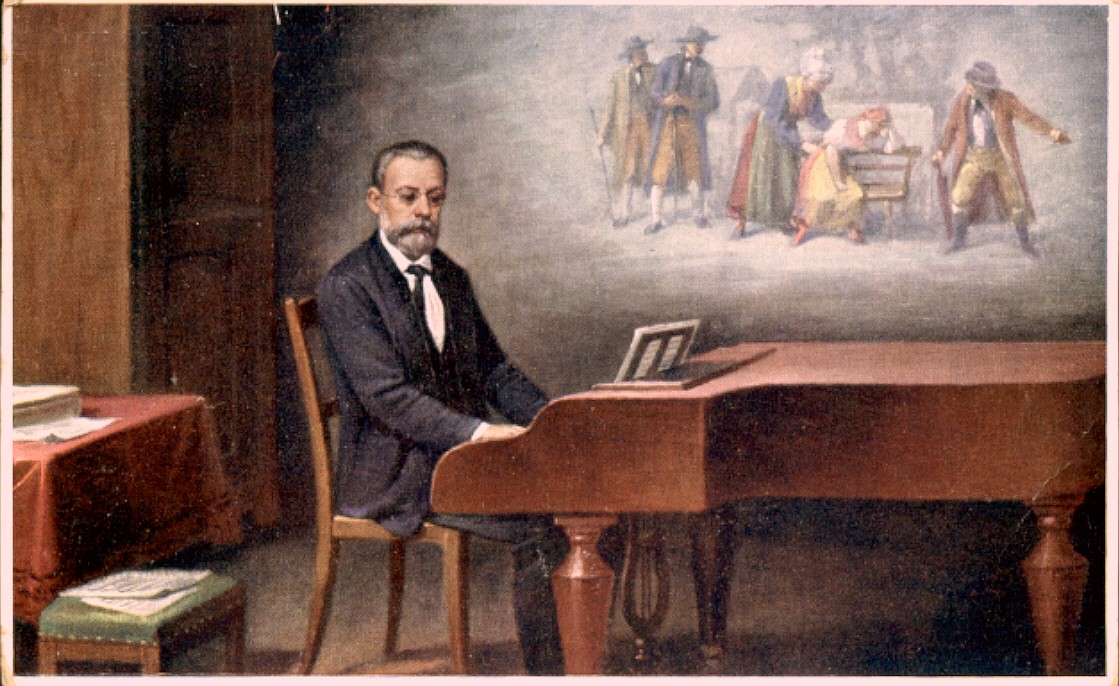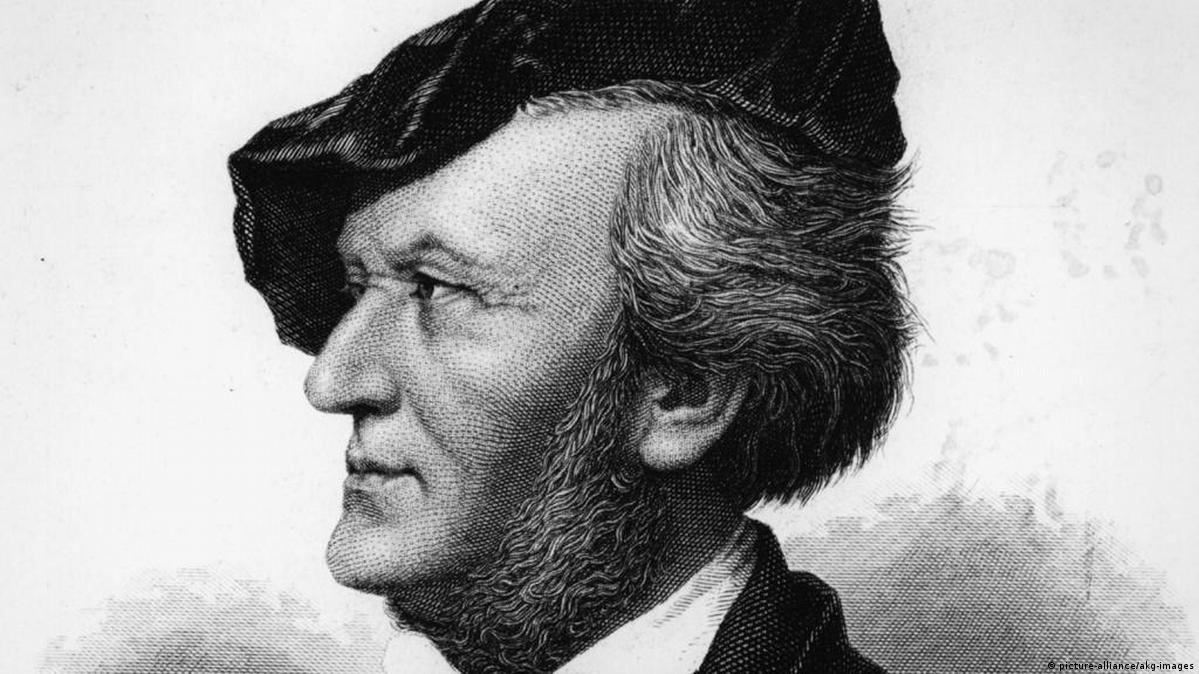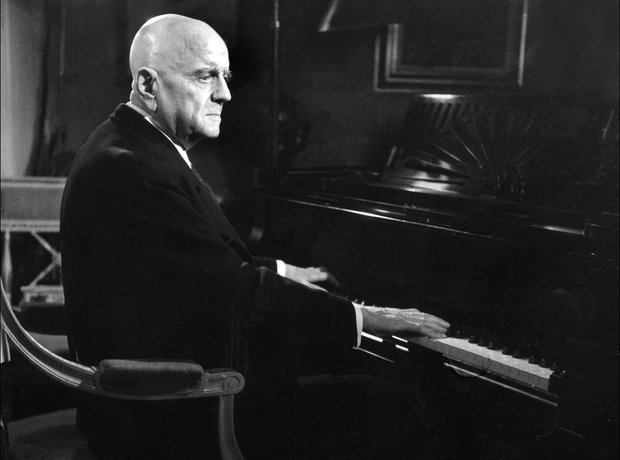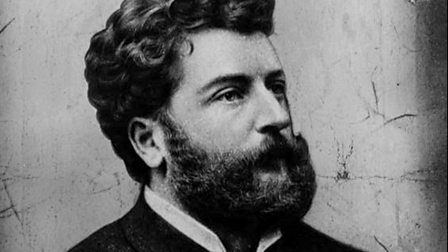Alexander Scriabin was a Russian composer and pianist whose innovative and visionary works left an indelible mark on the landscape of classical music. Born on January 6, 1872, in Moscow, Scriabin displayed prodigious musical talent from a young age. He began studying piano and music theory at the Moscow Conservatory at the age of eleven, where he quickly distinguished himself as a brilliant student.
Scriabin's early compositions were influenced by the Romantic tradition, particularly the works of Frédéric Chopin and Franz Liszt. However, as he matured as a composer, he began to develop his own unique style, characterized by lush harmonies, complex rhythms, and a highly expressive use of chromaticism.
Welcome to the world of Henri Duparc, a celebrated composer whose creations continue to captivate audiences around the globe. Born into a prosperous French family in 1848, Duparc's life was marked by both triumph and tragedy, ultimately leading to a unique musical legacy. In this blog, we delve into the fascinating biography of this enigmatic composer, exploring his early life, artistic development, notable works, and the enduring impact he has had on the world of classical music. Henri Duparc's biography is a tale of both brilliance and tragedy, illustrating the complexities of the creative process. His compositions, though few in number, exemplify his remarkable talent and artistic vision. Duparc's mélodies continue to enchant audiences, and his legacy as a composer remains an essential part of the classical music canon. As we explore the life and works of this enigmatic composer, we gain a deeper appreciation for the enduring power of music and the profound impact it can have on our lives.
In the world of classical music, few composers have left as profound an impact as Camille Saint-Saëns. With an impressive body of work spanning over six decades, Saint-Saëns was a prodigious talent whose compositions showcased his remarkable versatility and genius. From symphonies and concertos to operas and chamber music, his contributions to the musical landscape continue to inspire and captivate audiences even today. Join us as we delve into the captivating biography of this extraordinary composer and unravel the story behind his illustrious career.
Born in Rohrau, Austria, on March 31, 1732, Joseph Haydn demonstrated his musical talents at an early age. Recognizing his potential, his parents sent him to study music at the age of eight, where he learned to play various instruments and received training in composition. Despite financial struggles, Haydn's determination and passion for music propelled him forward, leading him to Vienna, the epicenter of European music at the time.
In the realm of classical music, certain individuals shine brightly as towering figures, leaving an indelible mark on their respective eras. One such luminary is Henry Purcell, a British composer who graced the world with his remarkable talent during the Baroque period. Renowned for his profound musicality and innovation, Purcell's compositions continue to captivate audiences centuries after his time. Join us as we delve into the captivating biography of Henry Purcell and explore the life and musical legacy of this esteemed composer.
1. A Russian Roots: Born on June 17, 1882, in Oranienbaum, Russia (now Lomonosov), Stravinsky's early exposure to the rich cultural heritage of his homeland played a significant role in shaping his musical style. He drew inspiration from Russian folk music and the works of influential composers like Rimsky-Korsakov, making his compositions uniquely vibrant and infused with Russian sensibilities.
Richard Wagner's passion for music blossomed at an early age. Growing up in a theatrical family, he was exposed to the arts from the start. Although his father died when he was just a child, the young Wagner found solace in music, teaching himself to play the piano and composing his first pieces. His talent caught the attention of his family, and he received formal musical training at the Leipzig University and later at the Dresden University of the Arts.
Jean Sibelius, widely regarded as Finland's national composer, was a visionary musician whose compositions captured the spirit of his homeland and left an indelible mark on the world of classical music. With his distinct blend of romantic lyricism, vibrant orchestration, and deep connection to nature, Sibelius created a body of work that continues to enchant and inspire audiences to this day. Let us delve into the life and musical legacy of this remarkable composer. Jean Sibelius was born on December 8, 1865, in Hämeenlinna, a small town in the Grand Duchy of Finland, which was then part of the Russian Empire. From a young age, Sibelius demonstrated a strong aptitude for music, and he received his first violin lessons from his father, a physician with a passion for music. Later, he studied composition in Helsinki under the guidance of Martin Wegelius, a respected Finnish composer and pedagogue.
Georges Bizet was a French composer and pianist, born on October 25, 1838, in Paris, France. He is best known for his operas, particularly his masterpiece, "Carmen," which has become one of the most performed and beloved operas of all time.
Bizet came from a musical family, and his talent for music was evident from an early age. His father, Adolphe Bizet, was a singing teacher and composer, and his mother, Aimée Delsarte, was a talented pianist. Recognizing his son's potential, Adolphe gave Georges his first music lessons and nurtured his passion for the art.
